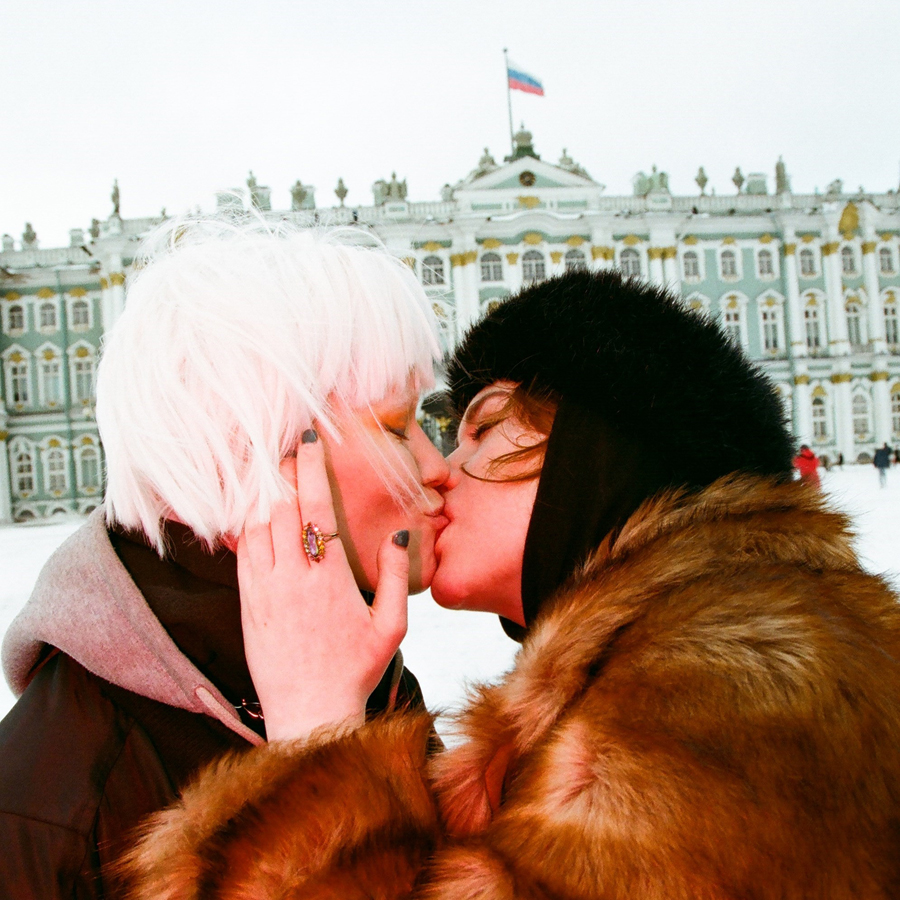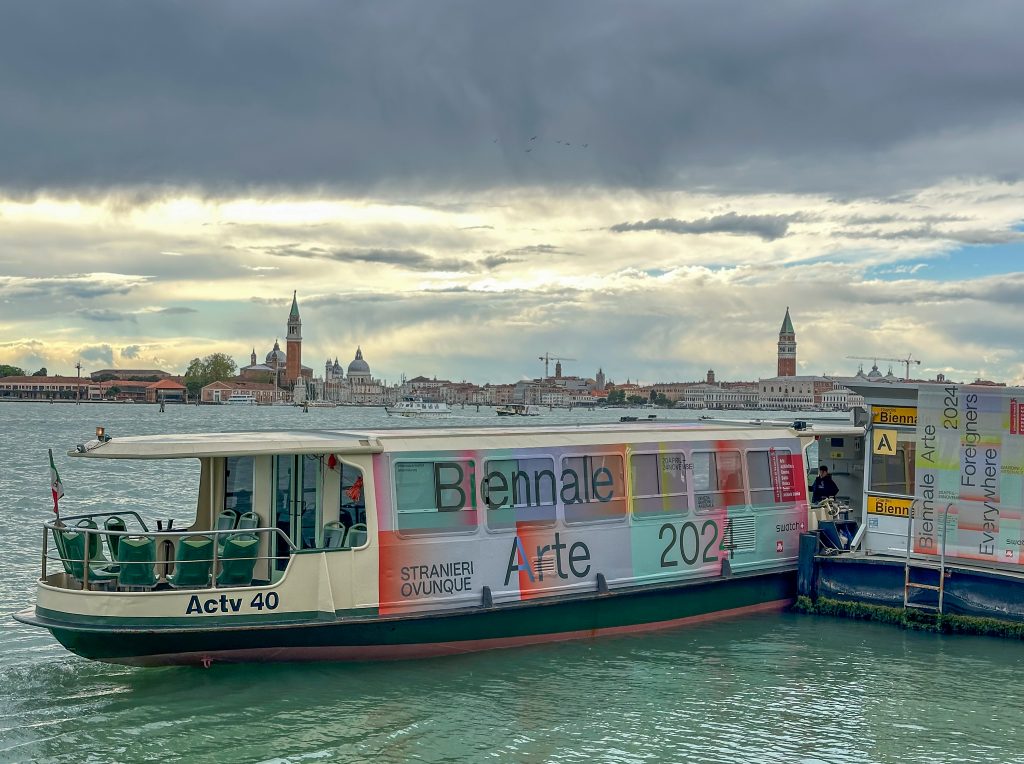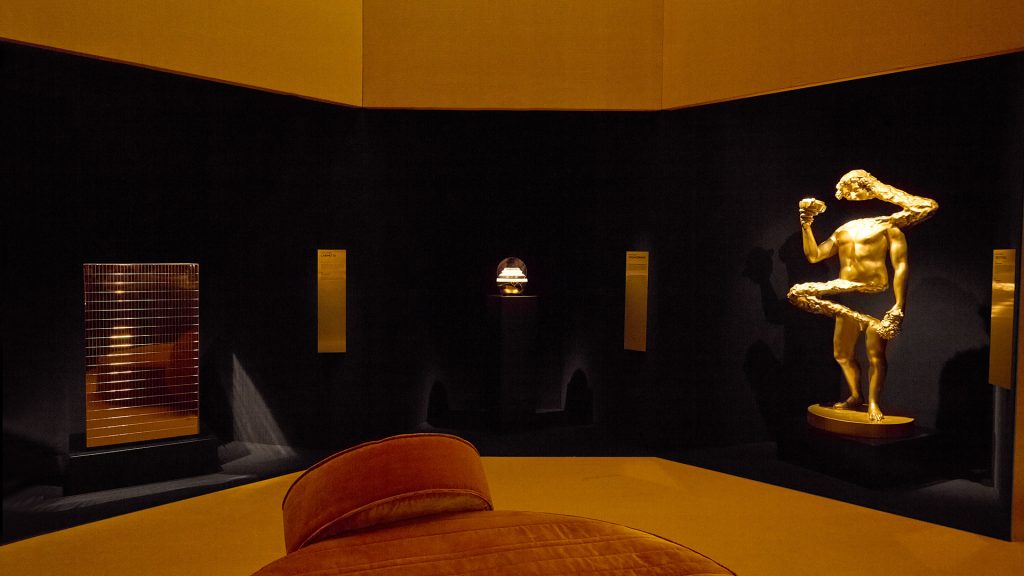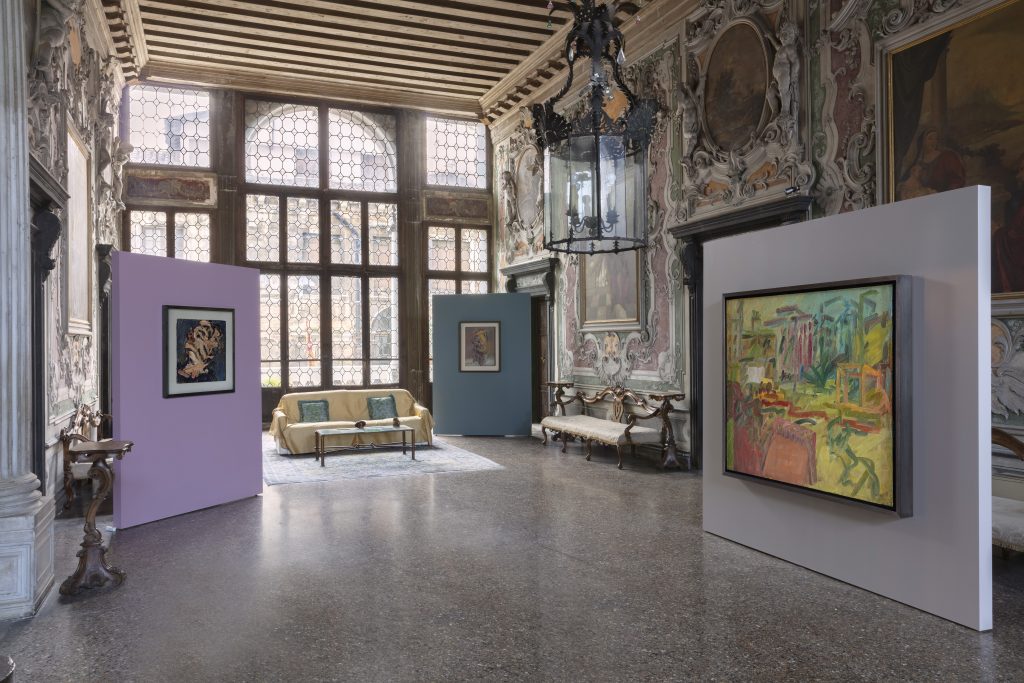Resources for QPOC, LGBTQ+ Youth, Parents + The Greater Community
Organizations, destinations, literature, picture books and protest guides for before, during and after Pride

As activist and community organizer Adam Eli says in his debut book, The New Queer Conscience, “queer people anywhere are responsible for queer people everywhere.” This statement underlines every letter in LGBTQIA, an amalgamation of identities as bound together by their differences as they are by their shared outsider status. Those who have benefitted from decades’ worth of advancements (marriage equality included) must always remember that Stonewall began with a brick, and there will always be those in need of help. Queer people of color, Black trans individuals, LGBTQ+ youth in unsafe environments, and so many others need support from the community. Below are resources for them and resources for everyone else, so that we can offer support and educate ourselves.
Bail Funds for LGBTQ+ People
Many people are aware of the immense racial disparity in our prison and bail systems, but LGBTQ+ individuals are also three times more likely to be incarcerated. When in jails and prisons, they are subject to more physical, sexual, mental abuse; and most suicides in prison occur within the first week. These bail funds work to ensure the safety and freedom of low-income individuals who would face pre-trial incarceration otherwise.
The Black-led Freedom Fund posts bail for LGBTQ+ individuals, understanding that just one day in jail can result in unemployment, loss of housing, custody issues and violence. Beyond the financial support, they also help with legal, medical and social connections.
The Queer Detainee Empowerment Project has a Migrant Freedom Bond Fund that posts bail for trans and queer folks in immigration detention centers (prioritizing trans women and individuals who are HIV+) as well as offering support through volunteer visitors, translators and drivers.
Once centered on posting bail for trans people, since the outbreak of COVID-19 the Emergency Release Fund has extended their services to anybody who identifies as LGBTQ+. Part of the National Bail Fund Network, The Emergency Release Fund also provides legal support when necessary for those detained as part of the criminal legal or immigration systems.
Centers
From homelessness to access to healthcare, struggles that plague the queer community can sometimes be relieved—albeit temporarily—through various centers around the US. An important online LGBTQ Center directory offers geolocation for those in need of the nearest safe space. Some that we’re well-acquainted with (and that accept donations) include NYC’s Ali Forney Center for homeless LGBTQ+ youth, as well as the Lesbian, Gay, Bisexual & Transgender Community Center and Callen-Lorde Community Health Center. Other reliable institutions include the Los Angeles LGBT Center, the SF LGBT Center, Philadelphia’s Walnut Psychotherapy Center, Atlanta’s Phillip Rush Center and the Resource Center in Dallas.
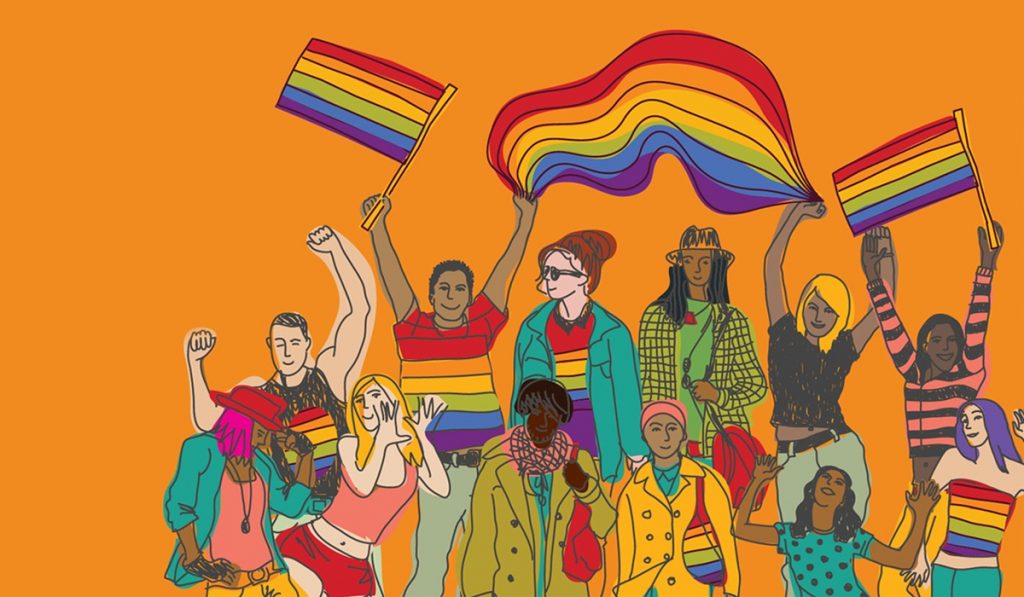
Organizations
Many may be familiar with the life-saving work of The Trevor Project (access their support center here), who provide crisis intervention and suicide prevention services for lesbian, gay, bisexual, transgender, queer and questioning youth. In addition to their hotline, they offer necessary information and advice via their Coming Out Handbook, guide for the mental health support of Black LGBTQ+ youth and their guide to being an ally to transgender and nonbinary youth. Everyone benefits from reading all three.
GLAAD has also developed an LGBTQ+ Resource List that’s divided up by age group (and includes assistance to elderly individuals and members of the military) as well as legal and anti-violence services. They also provide a guide to supporting the Black community. Human Rights Campaign’s introduction to being Black and LGBTQ+ is a must-read, as well. Funders for LGBTQ Issues works to increase the impact of philanthropic efforts for the queer community and dedicate substantial resources to the needs of people of color, as it is part of their mission to advance racial and economic justice.
Born Perfect crusades against conversion therapy, and the Born This Way Foundation touches upon mental health, kindness and community development for youth. Another helpful list, LAMBDA Legal’s resource guide for LGBTQ youth is broken down by state and covers many immediate and longterm needs.
Black-Led LGBTQ+ Organizations
Founded in 1999, the Black AIDS Institute works tirelessly toward ending the Black HIV epidemic.
Several organizations aim to benefit the Black trans community, including The Okra Project, which delivers healthy, homemade meals and other resources, and the House of GG, otherwise known as the Griffin-Gracy Educational Retreat & Historical Center. The latter was founded by Miss Major Griffin-Gracy, a survivor of the Stonewall Riotos and pioneer trans liberation.
From The Transgender District, the first legally recognized transgender district in the world, founded in SF’s Tenderloin neighborhood, comes a digest that also acts as an information resource.
In New Orleans, Youth BreakOUT! is on a mission to end the criminalization of LGBTQ+ youth (and offer a superb selection of free publications and tool kits). Solutions Not Punishments Collaborative, a Black, trans-led organization, encourages divestment from the prison-industrial complex, in Atlanta.
Additional Online Information
One can never read enough, and destinations like this QPOC resource guide and We R Native (a site for native youth, by native youth) offer information and community resources. PFLAG—the largest organization for lesbian, gay, bisexual, transgender, and queer people, their parents and families, and allies—has a bookstore with free publications to download in English and Spanish.
For parents, Family Equality’s guide to what to do and not to do when your child comes out is a great place to start.
For students seeking colleges and universities that offering support services for the LGBTQ community Best Accredited Colleges provides insights on what to look for and a list with their picks for the top 50 friendliest schools.
Books
 There have never been as many options for LGBTQ+ literature as there are now, evidenced by lists like Abe Books’ 30 LGBTQ books for young adult readers, as well as American Library Association’s Rainbow List for 2020.
There have never been as many options for LGBTQ+ literature as there are now, evidenced by lists like Abe Books’ 30 LGBTQ books for young adult readers, as well as American Library Association’s Rainbow List for 2020.
From This Book is for Parents of Gay Kids, written by Danielle Owens-Reid and Kristin Russo, to Eli’s aforementioned The New Queer Conscience, addressing our responsibilities as queer people, guidance continues to appear online and on the shelves.
For an important anthology on LGBTQ+ history, The Stonewall Reader, edited by the New York Public Library and with a foreword by Edmund White, chronicles the fight for rights in the ’60s. For moving, personal tales, we’ve all been taken by Audre Lorde’s collection of essays and speeches, Sister Outsider which includes a forward by Cheryl Clarke, as well as the meditative novel On Earth We’re Briefly Gorgeous by Ocean Vuong and the memoir Life as a Unicorn by Amrou Al-Kadhi.

Books for Younger Readers
Longtime favorite And Tango Makes Three is helpful to LGBTQ+ parents with children. It tells the true, heartwarming tale of two penguins who create a nontraditional family.
For ages four to eight, M.L. Webb’s The GayBCs begins to outline important LGBTQ+ vocabulary. It’s both a resource and a celebration. Also from Quirk, Kid Activists by Allison Steinfeld and Robin Stevenson is for children nine to 12 and profiles 16 activists, including the LGBTQ+ figures Harvey Milk and Janet Mock.
Author David Levithan’s Two Boys Kissing and seminal classic Boy Meets Boy bring necessary and important love stories to young adult readers.
Be sure to check out banned book lists for some more beautiful options, too.
Podcasts
Three podcasts stand out for their uniquely important offerings. First, for parents and other allies, the Be A Better Ally Podcast aim to guide people beyond words and into action. Shining a light on the often unknown voices that define the LGBTQ+ Civil Rights Movement, Making Gay History uncovers the past and highlights pioneers. Finally, Tolerance.org’s Queer America also shares the important stories of queer history and was produced in partnership with University of Wisconsin Press, who releases Understanding and Teaching U.S. Lesbian, Gay, Bisexual, and Transgender History, the first text book for high school and university teachers who want to integrate LGBTQ+ history into their curriculum.
Films
The Advocate (and many others) offer up thoughtful lists of recommended queer cinema—many of which can be found on streaming services. Shorts like The Trevor Project’s Draw With Me documentary about transgender teen Brendon Scholl deliver tools for hope and understanding. The PBS documentary Two Spirits chronicles the death—by hate crime—of a gender nonconforming Navajo child. It also explores the Two Spirit identity and its importance in Native American culture.
Hero image courtesy of Daniel Quasar


